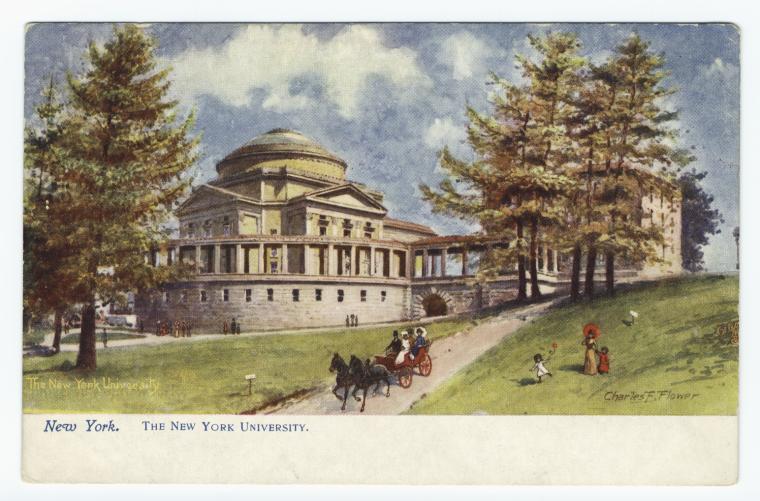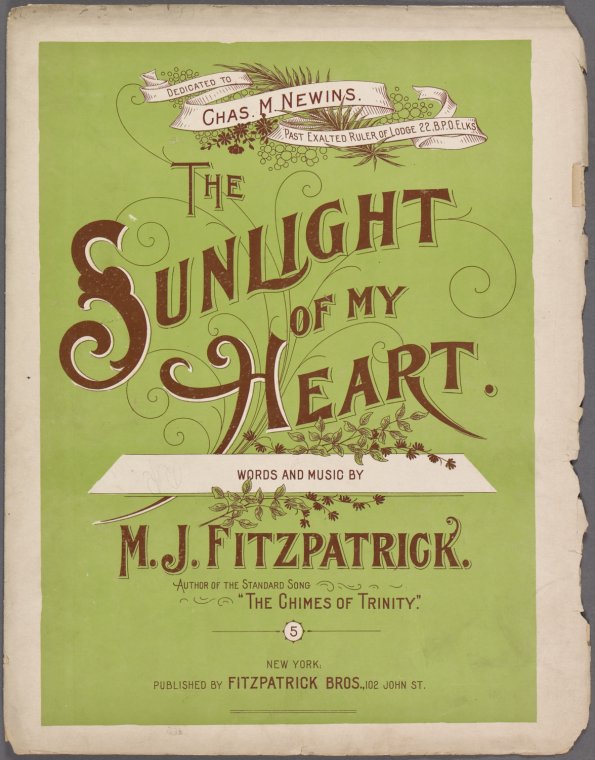Read E-Books with SimplyE
 With your library card, it's easier than ever to choose from more than 300,000 e-books on SimplyE, The New York Public Library's free e-reader app. Gain access to digital resources for all ages, including e-books, audiobooks, databases, and more.
With your library card, it's easier than ever to choose from more than 300,000 e-books on SimplyE, The New York Public Library's free e-reader app. Gain access to digital resources for all ages, including e-books, audiobooks, databases, and more.
If you don’t have an NYPL library card, New York State residents can apply for a digital card online or through SimplyE (available on the App Store or Google Play).
Need more help? Read our guide to using SimplyE.

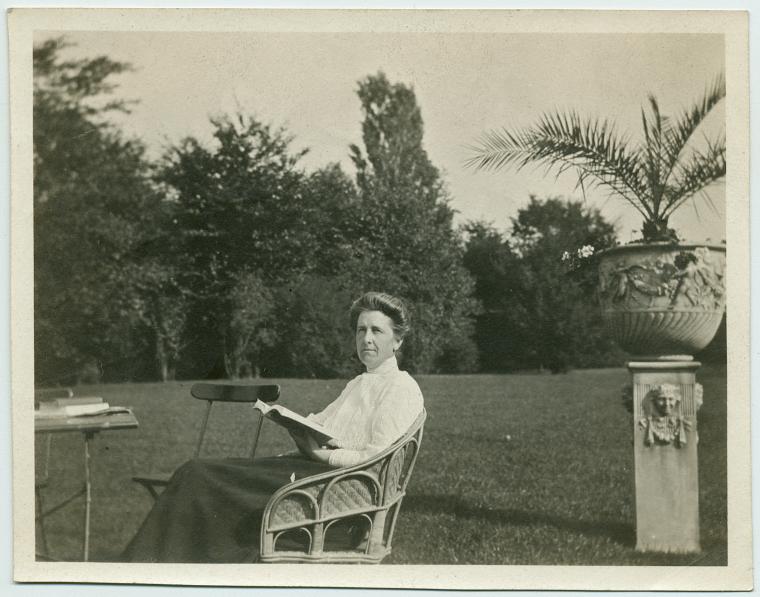



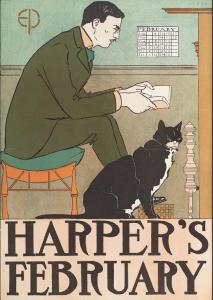

![[American Military Personnel, United States, 1860s.], Digital ID 831506, New York Public Library [American Military Personnel, United States, 1860s.], Digital ID 831506, New York Public Library](https://images.nypl.org/?id=831506&t=w)


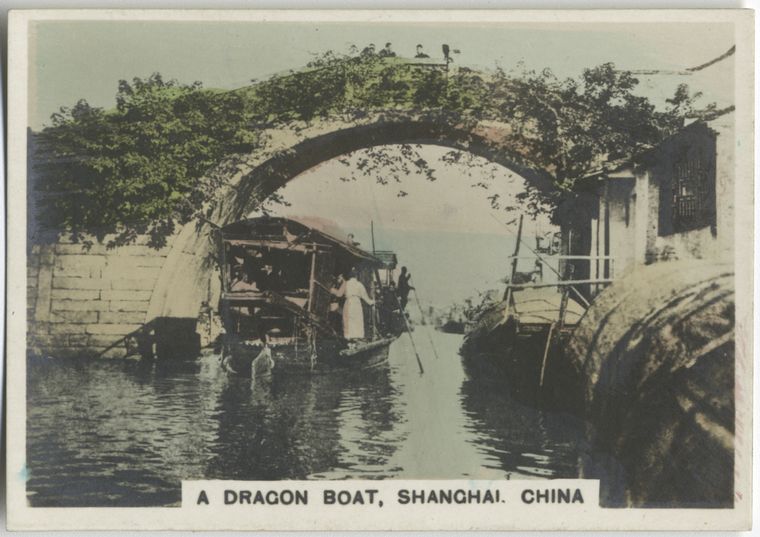
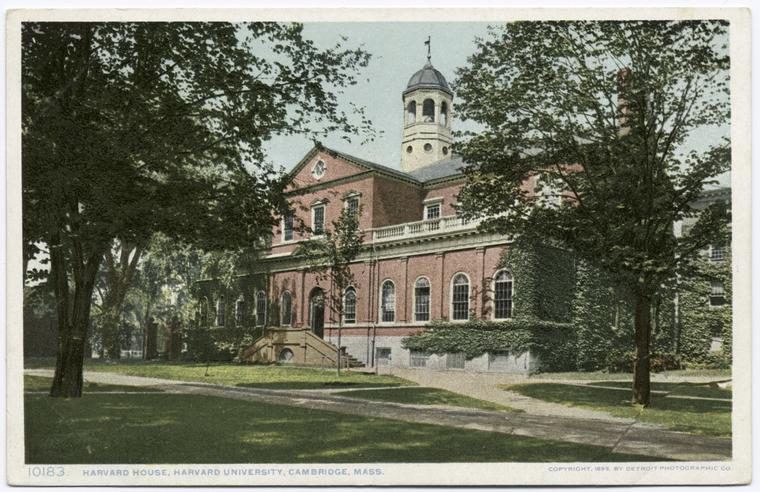






![[Fox Writing With A Quill Pen.], Digital ID 822655, New York Public Library [Fox Writing With A Quill Pen.], Digital ID 822655, New York Public Library](https://images.nypl.org/?id=822655&t=w)
